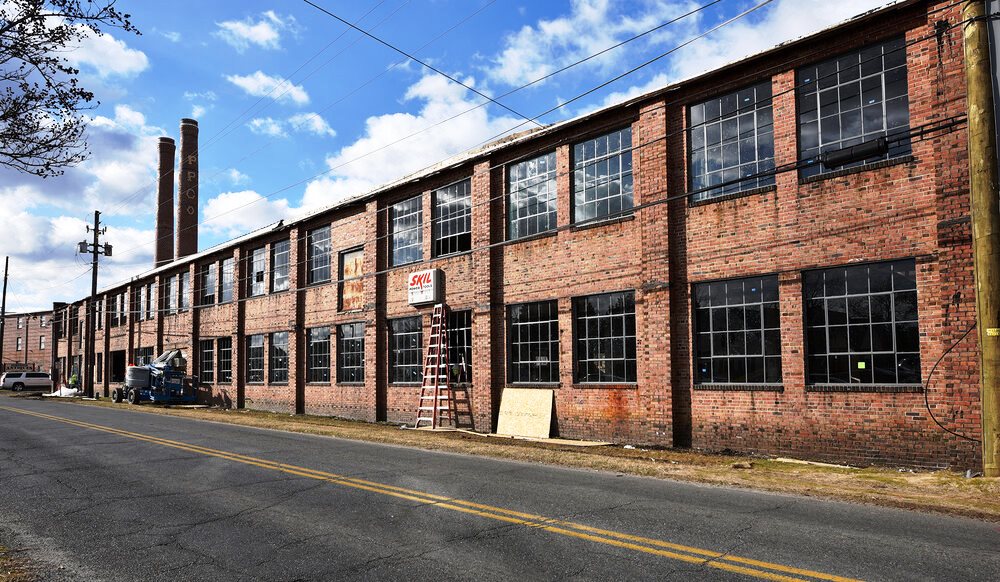Last year, the groundbreaking new book, RECONOMICS: The Path To Resilient Prosperity, revealed that one of the primary causes of failure in community revitalization initiatives is a lack of strategy. Places are so focused on the projects and activities that they forget to embed them in a strategy designed to produce the desired end result.
Thus, we see many affordable housing projects, but few strategic affordable housing projects. We see many examples of brownfields redevelopment projects, but few strategic brownfields projects. We see many examples of downtown beautification projects, but few strategic beautification projects. We see much demolition and blight removal, but little strategic demolition that has a follow-through program to ensure that the site doesn’t just sit there empty for decades.
The result is lots of redevelopment activity, but few revitalization successes.
On March 9, 2021, Maryland Governor Larry Hogan announced awardees from the Fiscal Year 2021 application round for three state revitalization programs administered by the Maryland Department of Housing and Community Development.
The Community Legacy program, the Strategic Demolition Fund, and the Baltimore Regional Neighborhood Initiative will provide more than $27 million to 157 projects in 19 counties and Baltimore City that support community development and economic growth. Better yet: despite its name, the Strategic Demolition Fund often backs renovation projects, not just demolition.
“These programs have a proven track record of success in cities and towns in every corner of our state,” said Maryland Department of Housing and Community Development Secretary Kenneth C. Holt. “Every community we help revitalize improves the economic and cultural health of Maryland.”
The three programs will support revitalization and redevelopment projects and activities including: business expansion and retention; streetscape improvements; homeownership and home rehabilitation incentives; commercial improvement programs; mixed-use development, and demolition activities. This state funding is expected to leverage more than $100 million in additional public, private and nonprofit investment
Considered one of the state’s most flexible revitalization programs, Community Legacy awarded more than $6 million to 64 projects in designated Sustainable Communities throughout Maryland.
“Through the state’s revitalization programs, we have a comprehensive toolbox to work with local governments, nonprofits, residents and other partners to improve their communities,” said Hogan. “These awards will create jobs and support Maryland’s continued economic recovery from the COVID-19 pandemic.”
Some of these projects include pedestrian streetlights to enhance downtown Chestertown (Kent County); stabilization of a historic African-American theater in Baltimore City that serves as the home for Arena Players, and; acquisition of the Cannery Building in downtown Cambridge (Dorchester County) to enhance and preserve the area which features the now world-famous “Take My Hand” mural of Harriet Tubman.
The Strategic Demolition Fund awarded more than $8 million to 11 projects, including renovation of a historic building in the city of Frederick for use by the city’s Arts Council and the community, and revitalization of the historically African-American neighborhood of Jonathan Street in the city of Hagerstown (Washington County).
The Baltimore Regional Neighborhood Initiative, designed to support redevelopment in communities within the Baltimore Beltway, awarded $13 million to 82 projects.
Projects include:
- acquisition and renovation of vacant properties to create homeownership opportunities and eliminate blight in Baltimore City’s Cherry Hill neighborhood;
- funding for Black Women Build – Baltimore’s continued work along Etting Street to acquire and rehab vacant properties while teaching valuable trade skills and promoting local workforce development, and;
- ongoing development of the Social Settlement House in the Arlington community to increase space for after-school programs, job readiness training, and mental health and social services case management.
Photo of the Cannery Building in downtown Cambridge, Maryland is courtesy of The Packing House.

